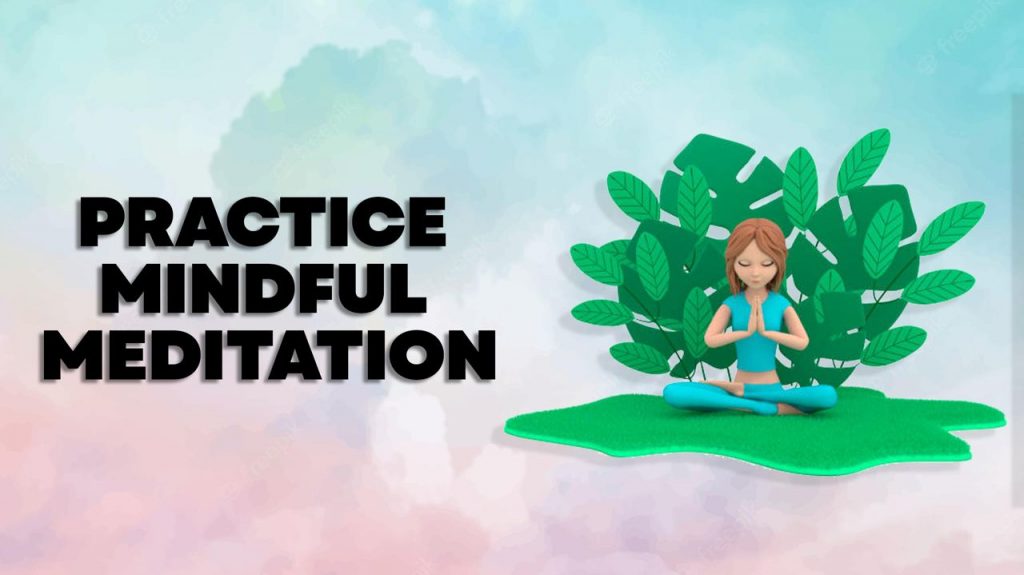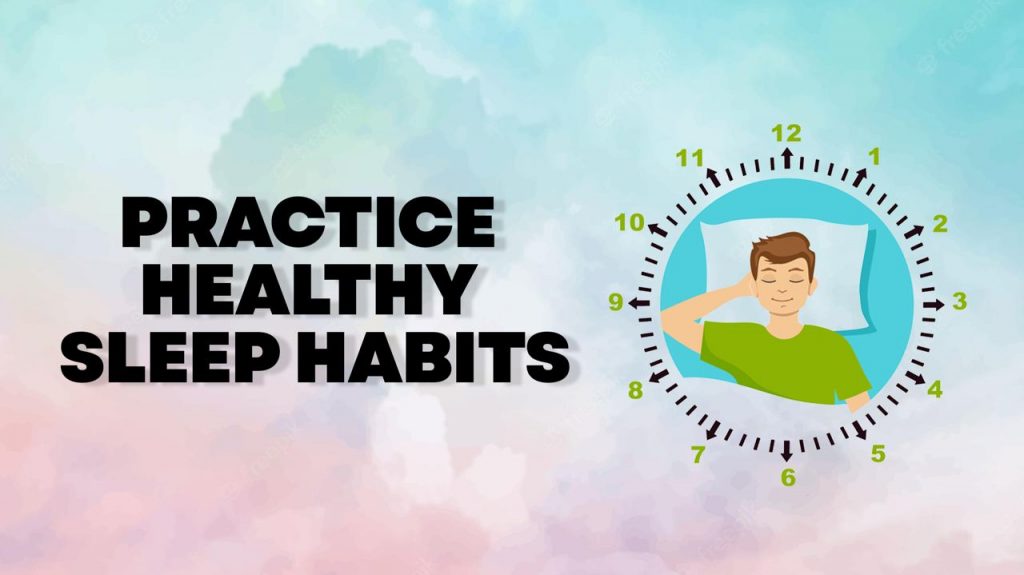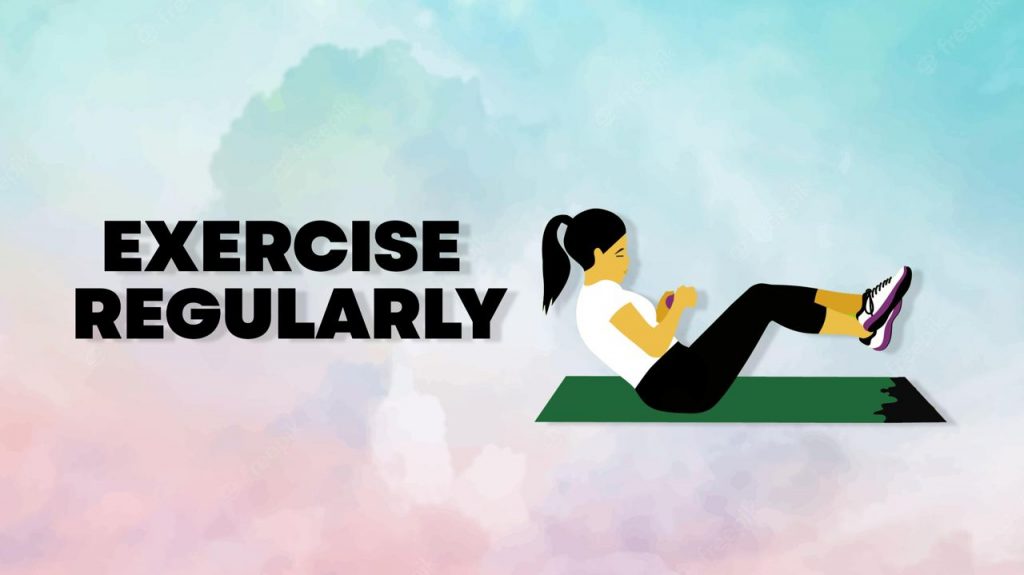Ever felt like the entirety of the universe was aligning to work against you? This is unarguably the prevailing thought in the mind of people struggling through daily activities. You can’t wrap your hands around it, but you know something is off one way or the other. That right there is “Stress.” It is a feeling of emotional or physical tension and is the body’s reaction to a challenge or demand.
As we carry out daily activities, many factors stress us and cause us to worry or be anxious -they are called Stressors. Examples include a toxic work environment, chronic illness, job loss, family and societal issues, and so on.
While stress may be bad, that is not always the case. There are instances when stress could be a good thing. For instance, when facing an urgent task, the stress it puts on you gets you up and running. It can improve your performance and ability to handle pressure. However, it threatens health when stress begins to linger and lasts for longer periods.
Studies have shown that stress causes several health challenges. Some of these health problems include:
- Depression: A big stressor, such as a divorce or a significant financial shift, can throw the psyche out of balance, leading to depression.
- Obesity: Stress leads to an increase in the production of the hormone Cortisol, which in turn allows more fat to be stored in the abdomen than in other body parts.
- Heart diseases: Recent studies have shown that stress can trigger cardiac issues such as heart attacks. It can also lead to high blood pressure by releasing cholesterol and triglycerides into the bloodstream.
Other effects of stress on an individual’s health include overeating, drug abuse, and insomnia, to name a few. So, though stress can be a drive for better work efficiency, we should properly manage it, so it doesn’t cause problems.
Here are how we can manage stress effectively.
- Make a list of your stressor.

Often when we have a long list of things to take care of, our stressors swirl into a big cloud of restlessness and anxiety. We feel very sad, but the cloud makes it difficult to say why. When this happens, take a moment to list everything you’re worried about. You will realize that some of these stressors are not worth your attention and time. Next, write down small, specific, and immediate things you can do to eliminate each stressor.
- Practice mindful meditation

Many studies have shown that simple mindful meditation can reduce and even eliminate many of chronic stress’s negative physiological and psychological symptoms. As you meditate, blood pressure normalizes, and breathing and heart rate slow down. People who practice mindful meditation more often are recorded as less prone to anxiety and worry.
- Practice healthy sleep habits

Our bodies and minds need sleep to help manage and cope with stress. Here are some quick things you can do to get the best sleep possible:
- Meditate for at least twenty minutes daily before going to bed. This calms and relaxes your mind and body.
- Write down all your worries before going to bed so you don’t think about them while trying to sleep.
- Turn off the computer and television an hour before bed. Light from electronic screens suppresses the body’s natural production of melatonin, a hormone that helps you sleep.
- Exercise Regularly

Exercise can be very effective in relieving stress and helping your overall well-being. It improves your mood, gives you a sense of accomplishment, and helps you release daily stress. In addition, physical activity is known to reduce the risk of depression, improve sleep, reduce stress hormones, and stimulate the body’s release of endorphins (hormones that make you feel good).
You can incorporate exercise into your daily routine. Getting 30 minutes of exercise daily is a good way to start.
- Practice this simple rule, “one bird at a time.”
When it appears as though your to-do tasks are becoming overwhelming, take a breather and have a go at your tasks ‘one bird at a time.’ Instead of focusing on the sheer size of everything you need to do, break things down into their parts and do one thing at a time until you’re done. Focus on simply putting one foot in front of the other.
Other ways in which we can manage stress include:
- Finding time to meet with friends and have fun.
- Staying Positive Always
Conclusion
Rather than letting the negative aspect of stress affect your overall performance in life, find a solution that suits you, your lifestyle, and your personality. There are no right or wrong ways of dealing with stress; everyone reacts differently to stress, so that different methods will work for different people.